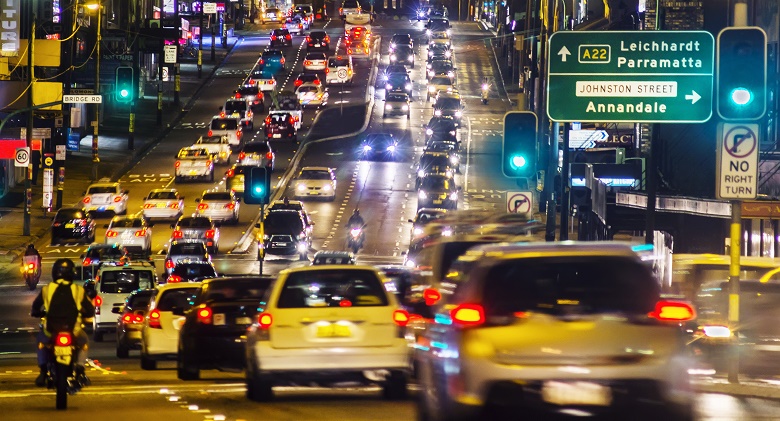
With autonomous vehicles increasingly touted as a panacea for infrastructure and transport woes, an advisor says a focus on the potential impacts on people is needed.
State and local governments exploring the potential of autonomous vehicles should consider how the transport can support their broader vision for communities rather than adopting the technology for its own sake.
That’s according to Amy Child, a cities and transport advisor with ARUP who has been considering the impact of autonomous vehicles in Australian towns and cities.
Earlier this year Arup provided a report for Infrastructure Victoria examining the impacts of driverless vehicles on infrastructure and possible government responses.

While there are likely to be benefits of autonomous vehicles for transport and accessibility, potentially for seniors and people living with disability in particular, Ms Child says there will be implications for infrastructure, particularly roads and signage, as well as for transport users.
“I’ve had local governments asking me how do they future proof their communities and streets for autonomous vehicles. My response is that it would be better to consider your vision for your community and then look at how you can use autonomous vehicles as a tool to achieve that,” she told Government News.
With local governments seeking to create inclusive communities and provide accessible transport to serve an ageing population and citizens living with disability, autonomous vehicles appeared attractive, she said.
“But on the flipside there are potential issues that need to be looked at. How do people who are vision impaired, for instance, share public spaces with autonomous vehicles and interact with them,” Ms Child said.
“For people with mobility issues there are bound to be some benefits from autonomous vehicles, if they provide greater access to getting around. But equally it comes down to the ownership model, how they’re deployed and how they’ll be used,” she said.
Governments need to consider these issues and look at how autonomous vehicles can be used to support their broader transport and community policies, “rather than letting the tail wag the dog and adopting the technology and then addressing whatever issues it raises,” Ms Child said.
Ms Child will be discussing the potential of autonomous vehicles for future transport and mobility solutions at the upcoming Universal Design Conference in Brisbane.
Last month the NSW Government announced Coffs Harbour and Armidale would be the first regional areas in Australia to host a fully automated vehicle trial, while Tasmania is implementing an electric vehicle program in local government.
NSW’s 12-month trial, which is set to commence in Coffs Harbour before the end of the year, will see the rollout of fully-automated EZ10 shuttle buses.
The Tasmanian Government says its Smarter Fleet Program is aimed at reducing transport emissions and promoting the uptake of electrical vehicles in local government.
Experts have welcomed the trials as a “necessary check point” for the rollout of automated vehicles in urban and regional areas.
In June Government News reported that the director of automated vehicle infrastructure at Infrastructure Victoria called on councils to consider the potential impact of driverless vehicles.
Dr Allison Stewart said local governments need to prepare for the infrastructure challenges associated with the advent of driverless vehicles, such as new costs and a hit to revenue.
Internationally Australia has been relatively slow to embrace the new technology.
A report from KPMG in January ranked Australia 14th out of 20 countries in preparedness for autonomous vehicles.
In April, an Ipsos survey of 28 countries found Australians were less optimistic than the international average about the perceived benefits of driverless cars.
A quarter of respondents said they “can’t wait to use” a driverless car, below the international average (30 per cent) while 16 per cent said they “would never use” an autonomous vehicle, making Australia “among the more sceptical nations” in the survey, Ipsos reported.
The Universal Design Conference takes place from 4-5 September in Brisbane.
Comment below to have your say on this story.
If you have a news story or tip-off, get in touch at editorial@governmentnews.com.au.
Sign up to the Government News newsletter.
